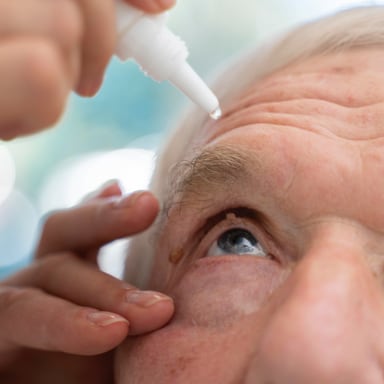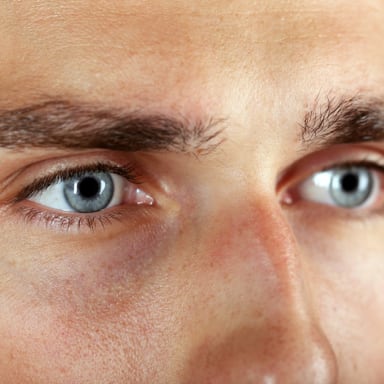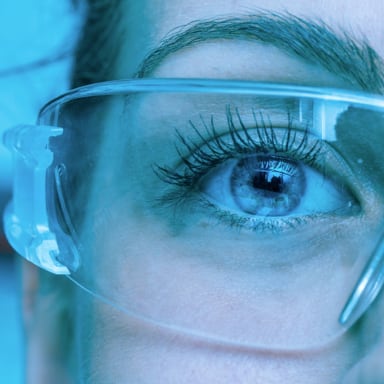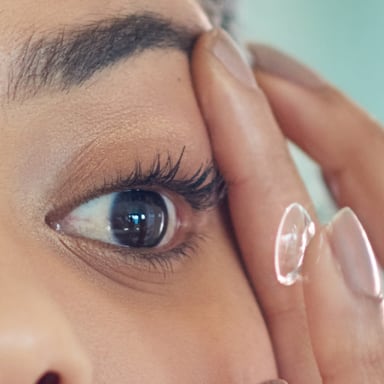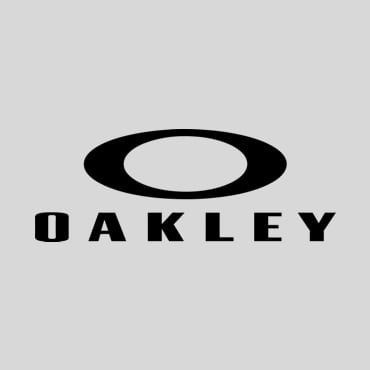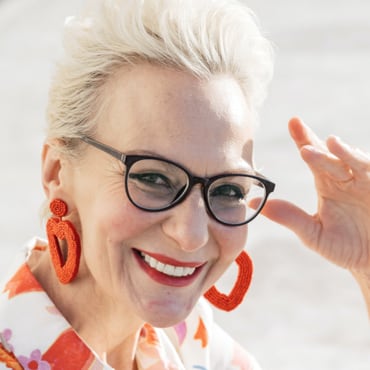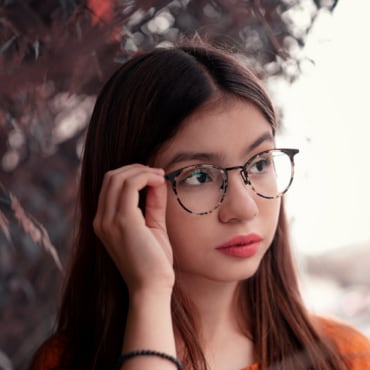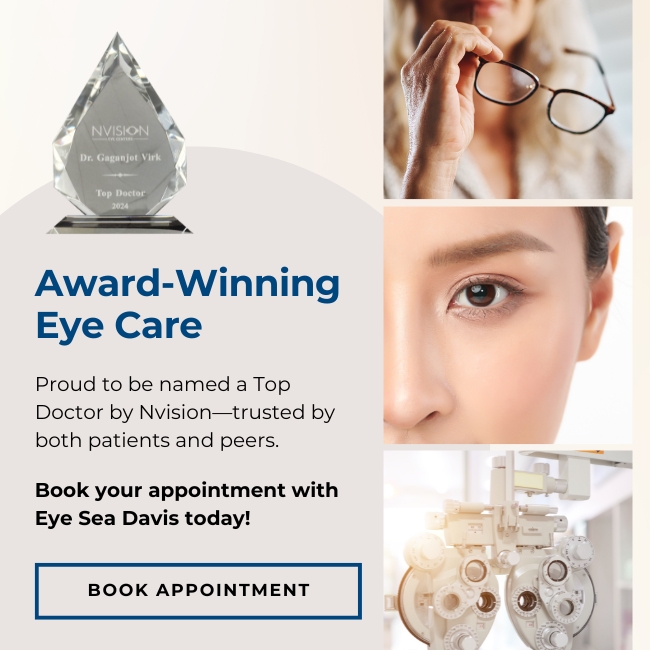If you’ve ever squinted to read a street sign, held your phone at arm’s length, or struggled with eye strain after a day on the computer, you might be wondering: “Do I need glasses?” It’s a common question—and a smart one.
At Eye Sea Davis Optometry, we see patients every day who didn’t realize how much clearer life could be until they put on their first pair of glasses. Whether you’re noticing subtle changes in your vision or dealing with more obvious symptoms, this guide will help you understand the signs and what to do next.
Common Signs You Might Need Glasses
While some vision changes happen gradually, others come on more quickly. Here are some of the most common signs that you might benefit from corrective lenses:
1. Blurry Vision
This is the most obvious and frequent sign. You may notice things far away (like road signs or classroom boards) or up close (like your phone or a book) appear fuzzy or out of focus.
- Blurry distance vision often points to nearsightedness (myopia).
- Blurry near vision can suggest farsightedness (hyperopia) or presbyopia, a common age-related change.
2. Frequent Headaches
Constant squinting or straining your eyes to see clearly can cause tension headaches. If you notice headaches after reading, working on a computer, or driving, it may be due to uncorrected vision issues.
3. Eye Strain or Fatigue
Tired, sore, or burning eyes—especially after screen time—are signs your eyes are working overtime. Digital eye strain is a growing concern, particularly for students and professionals.
4. Squinting
Squinting temporarily changes the shape of your eye, which can sharpen focus slightly. If you catch yourself squinting to see clearly, especially outdoors or while watching TV, it’s worth getting checked.
5. Double Vision or Seeing Halos
Seeing double or noticing halos or glare around lights, especially at night, can be a sign of a refractive error, early cataracts, or other visual disturbances.
6. Difficulty Seeing at Night
Struggling with night driving or navigating low-light situations can be a sign of vision decline. You may need glasses for night vision even if you feel fine during the day.
7. Holding Objects Too Close or Too Far
If you find yourself holding your phone closer to your face—or further away—than before, your near vision may be changing. This is particularly common around age 40 and may signal presbyopia, which is easily corrected with reading or multifocal glasses.
Vision Changes in Children
Children often don’t realize their vision isn’t normal—they assume everyone sees the way they do. Watch for these signs:
- Frequent eye rubbing
- Squinting or tilting the head
- Falling behind in school
- Holding books very close
- Complaints of headaches or tired eyes
If you notice any of these, schedule a pediatric eye exam at Eye Sea Davis Optometry. We’re proud to offer gentle, thorough exams for kids in the Davis community.
How Often Should I Get My Eyes Checked?
The American Optometric Association recommends:
- Once a year for children and teens
- Every 1–2 years for healthy adults under 60
- Annually for adults 60+ or those with diabetes, high blood pressure, or a history of eye disease
Even if you’re not noticing symptoms, routine eye exams can detect early signs of vision changes, eye disease, and even underlying health conditions like high blood pressure or diabetes.
What Happens During an Eye Exam?
At Eye Sea Davis Optometry, we go beyond just checking your prescription. A comprehensive eye exam includes:
- Visual acuity testing (to determine how clearly you see)
- Refraction (to find your exact glasses prescription)
- Eye movement and coordination checks
- Internal and external eye health assessments
- Optional retinal imaging and dilation for a closer look at the back of the eye
We make sure you leave our office knowing exactly what’s going on with your eyes—and what steps to take next.
Glasses, Contacts, or Something Else?
If you do need vision correction, we’ll walk you through your options:
- Glasses: A great choice for most people—available in stylish frames, transitions lenses, blue light protection, and more.
- Contacts: Ideal for active lifestyles or anyone who prefers a glasses-free look.
- Specialty lenses: We also fit Ortho-K, MiSight for myopia control, and multifocal contacts.
- No correction needed: Sometimes, eye strain is due to dryness, screen habits, or lighting. We’ll help with that too.
Final Thought
Your eyes are constantly working—even when you don’t notice. If something feels “off,” or you just haven’t had a checkup in a while, trust your instincts. Getting an eye exam could be the first step to clearer vision, fewer headaches, and better quality of life.
At Eye Sea Davis Optometry, we’re here to support you with comprehensive care, a friendly team, and the latest in optical technology. Whether it’s your first pair of glasses or just time for an update, we’re proud to serve the Davis community with personalized, thoughtful vision care.


